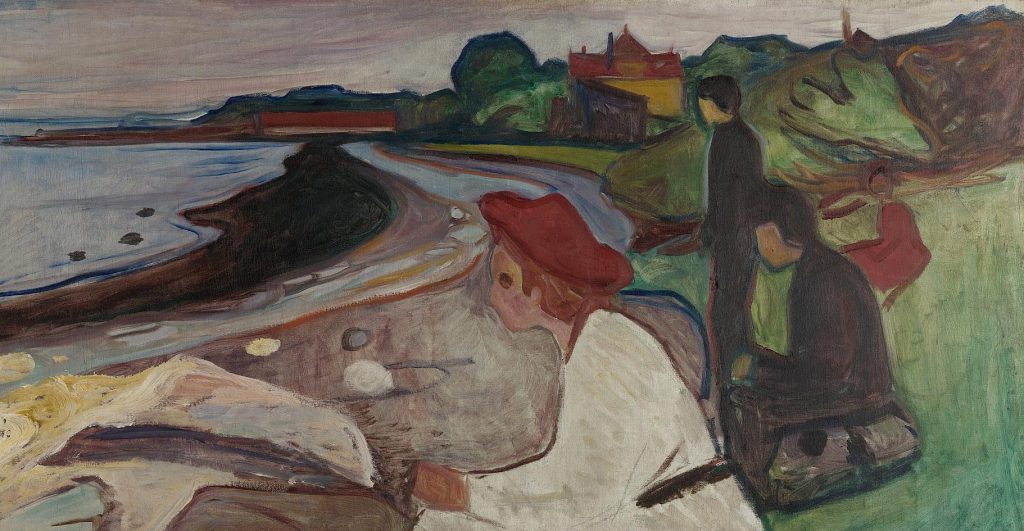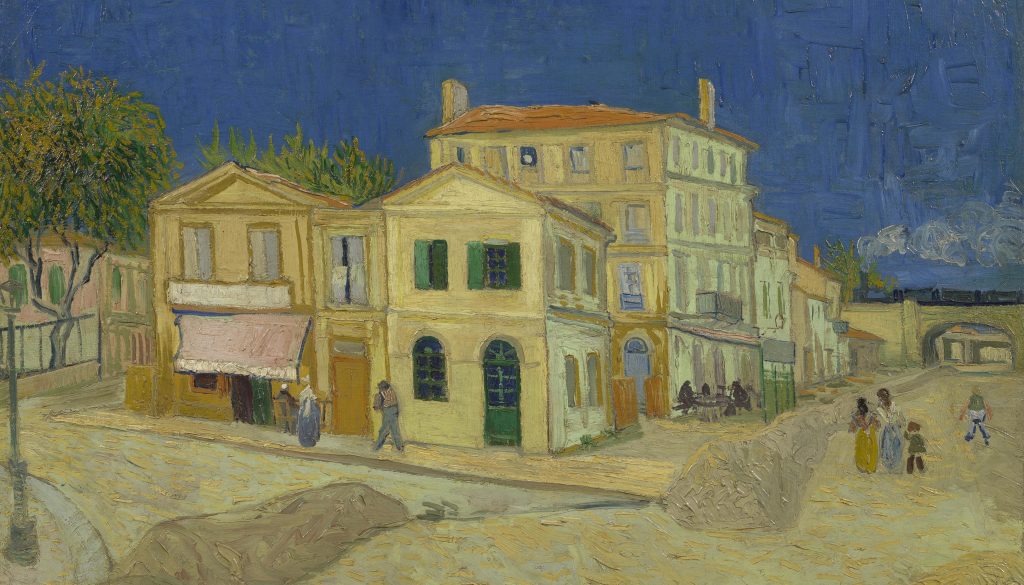
Global Climate, Anxieties and Perspectives for Young People
BY
Liberales Institut / December 9, 2024
The Federal Republic of Germany, with its 16 states, has a federal structure. The states possess extensive powers, especially in the area of education. State parliaments make important decisions affecting the lives of young people in Germany. On November 8, 2024, the Friedrich Naumann Foundation for Freedom participated in an expert hearing in the state parliament of Mecklenburg-Western Pomerania, invited by the liberal FDP parliamentary group.











